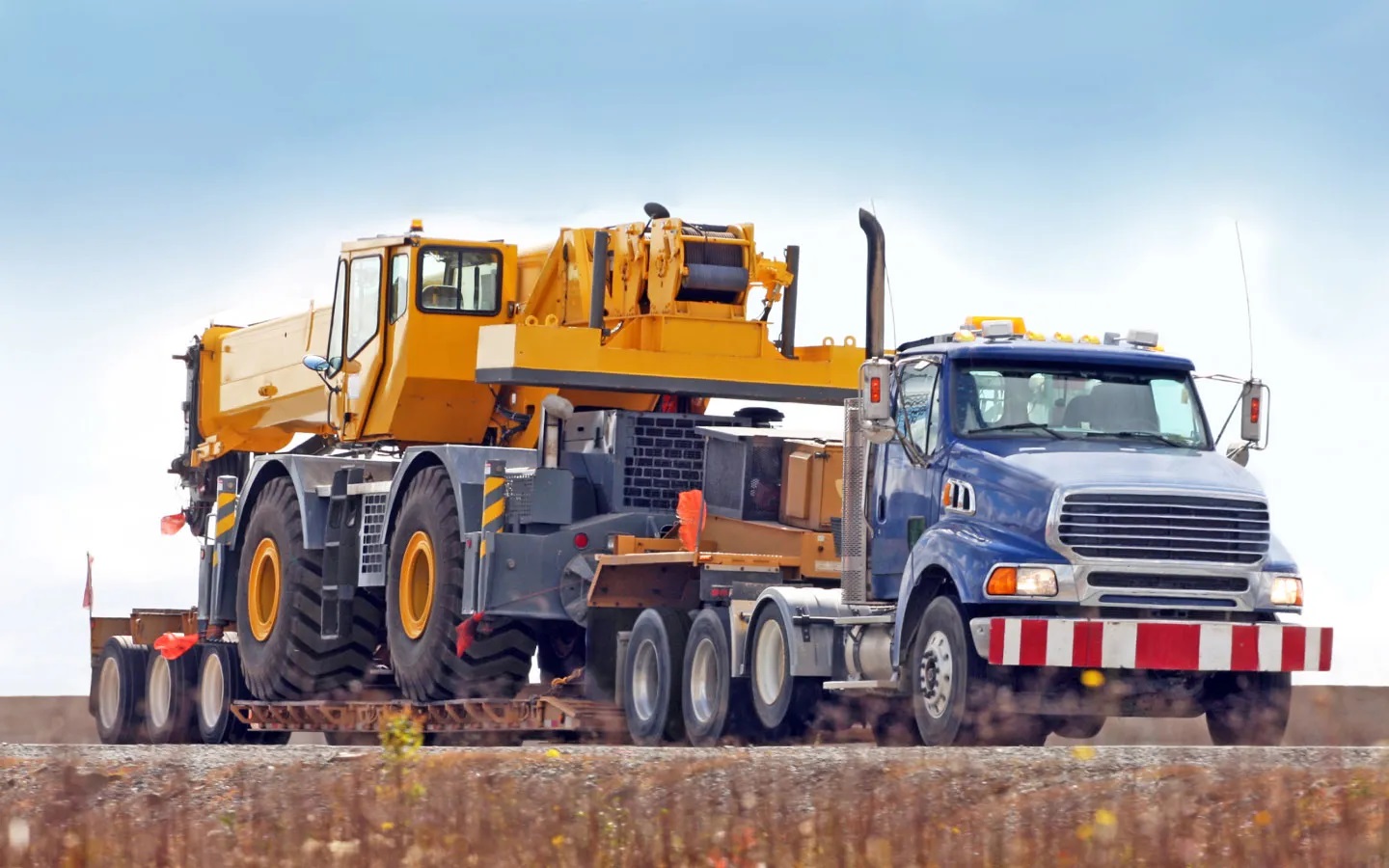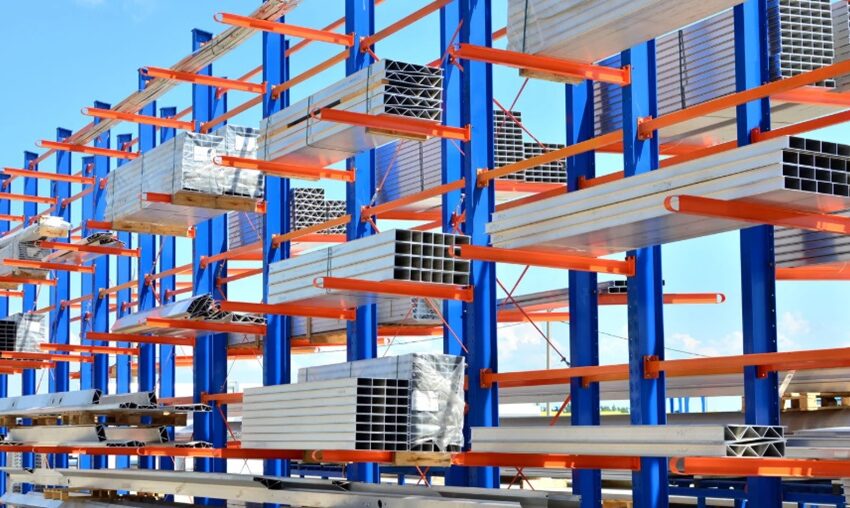Heavy cargo is merchandise considered too large or heavy to be transported by conventional means, such as common trucks. This type of cargo requires specialized vehicles, such as trucks with extended trailers, cranes, and platforms, to ensure the safety and efficiency of transport.
Heavy cargo transportation is required in various sectors such as civil construction, mining, and manufacturing industries and is very important for the country’s economic development.
Main Challenges In Heavy-Load Transport
The cargo transport sector in Cowtown Express for example is very dynamic and has been affected by several factors, including the COVID-19 pandemic, fluctuating fuel prices, and economic instability. Transporting heavy loads, in particular, faces several challenges, including:
Logistics
Organizing the transport of heavy loads can be a logistical challenge, as it involves detailed planning to ensure that the cargo reaches its destination safely and on time.
Infrastructure
The lack of adequate infrastructure, such as roads, bridges, and tunnels, can hinder transporting heavy loads.
Regulation
Many regulations and laws govern the transportation of heavy loads, including weight, height, and width restrictions, hours of operation, and special permits.
Cost
Transporting heavy loads is more expensive due to the specialized vehicles and equipment required and maintenance and repair costs.
Security
Loads can be dangerous and cause significant harm to the environment and people if not transported correctly.
Environment
Transporting heavy loads can have negative impacts on the environment, such as noise pollution, air pollution, and road wear.
Main Risks When Transporting Heavy Loads To Keep On Your Radar
When transporting heavy loads or heavy haul trucking, it is important that the driver respects safety measures and follows the appropriate regulations responsibly.
The company must invest in driver training, carry out adequate vehicle maintenance, and offer innovative technologies to ensure efficient and safe cargo transport.
The main risks when transporting heavy loads include:
Road Safety
Vehicles that carry heavy loads are large and heavy and can cause serious damage in the event of an accident. Drivers must have adequate training and are qualified to drive these vehicles safely.
Unbalanced load
The heavy load must be balanced correctly to ensure the safety of the vehicle and other road users. An unbalanced load can cause instability in the vehicle, causing accidents.
Incorrect Load Securing
The load must be correctly installed in the vehicle, using tie-downs and other securing equipment, to ensure that it does not shift during transport.
Cargo Protection
Protecting cargo from damage during transit is imperative, especially if it is fragile or perishable.
Vehicle maintenance
Vehicles used to transport heavy loads need to be kept in good mechanical condition to ensure the vehicle’s and other drivers’ safety on the road.
Government Regulations
Government regulations, including traffic laws, safety laws, environmental regulations, and health and safety regulations, must be followed without exception.







